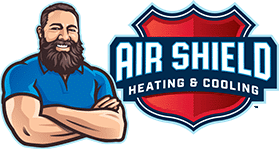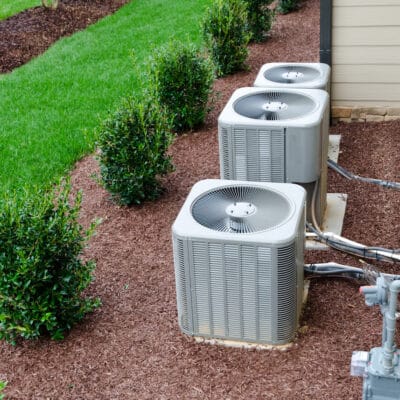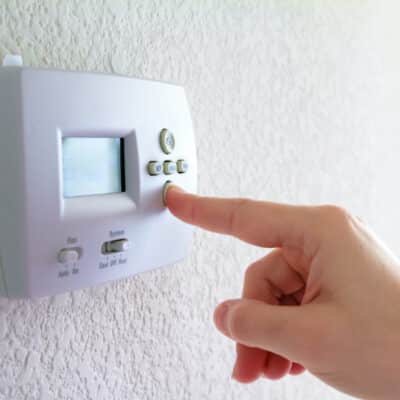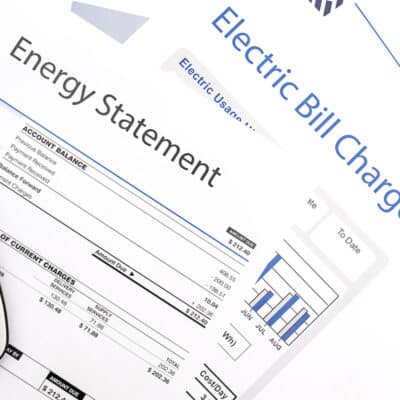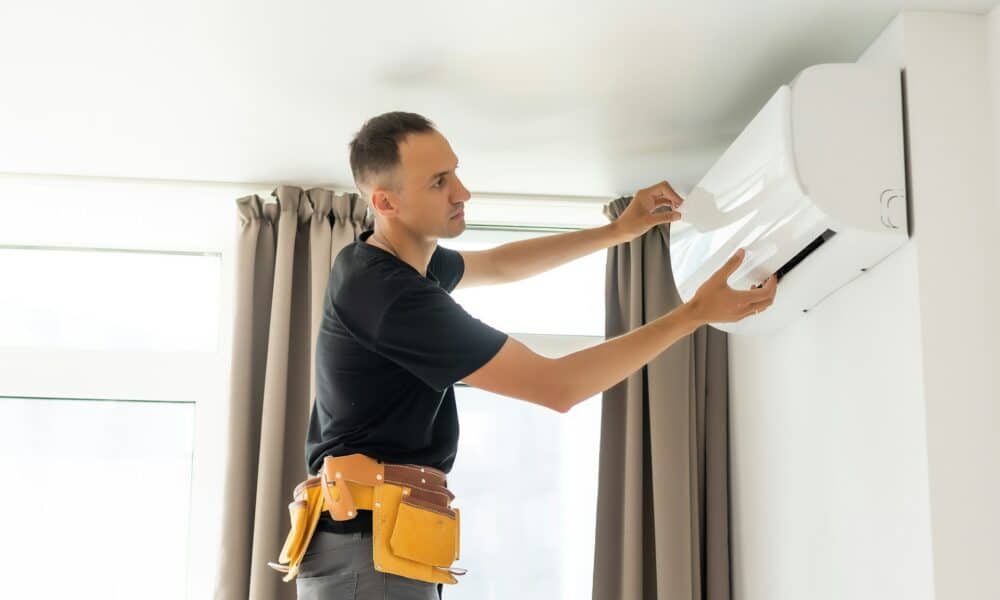
When your HVAC system struggles during Florida’s summer, it’s easy to feel relieved when the repair tech packs up and leaves. By fall in Palmetto, most people hope the issue is behind them. But there’s a difference between a quick fix and a long-term solution. How can you tell if your HVAC system repair in Palmetto actually solved the deeper problem or just hid it for a while?
After months of high humidity, daily cooling, and constant use, your system deserves a second glance. Early fall gives you the breathing room to check whether your HVAC system is keeping up now that the pressure is off. Repairs made in peak heat may cover up major symptoms, only for small issues to return later when seasons shift and the heat pump switches to heating mode. If you know how to spot the warning signs, you can catch trouble before it comes back.
How to Tell if the Repair Solved the Real Issue
Some signs show your HVAC system repair in Palmetto did what it should. Rooms stay cool or warm without big swings in temperature. The unit runs quietly, with no sudden loud noises or rattles. Air flows evenly from every vent, and the system smells fresh when started up.
Other problems are sneakier. Maybe you notice warm spots where the AC should be cooling, or the system clicks off only to buzz back on moments later. That’s called short cycling, and it’s a signal something inside isn’t quite right. Strange hissing, squeaks, or banging can show up days or weeks after a repair. Sometimes these noises mean a part loosened up or another piece was stressed during the rush of the initial repair, especially after Florida’s tough summer conditions.
If you hear new noises or your airflow still seems weak in one area, a little detective work now will help you avoid a headache later.
When Symptoms Come Back: What That Means
It’s frustrating to think a problem’s fixed, only for old issues to return after a couple of weeks. This is common once the weather cools and your HVAC system sits idle for a spell, or when you rely on the heat pump more for heating.
Heat pumps in Florida are built to run both ways, but hidden system trouble, like a slow refrigerant leak or a grimy coil, might show up only when use is high again. Sometimes repairs made in the busiest time of the year skipped over these deeper causes. Without heavy use, you may not spot issues until the system starts working harder.
Early fall in Palmetto is a good time to watch for problems. With less use, there’s less stress on the system, giving you a clear read on how it runs in a lower-pressure setting.
What to Check Around the House After a Repair
Take a walk around your home. Pay close attention to these details:
- Are rooms reaching your set temperature quickly, or are some lagging behind?
- Does airflow feel even from every vent, or do some spots blow weaker or sound unusual?
- Does the thermostat cause the system to kick on and off more often than usual?
- Are there any odd smells or rattling sounds when the AC or heat pump starts up?
If your unit takes too long to cool a room, or if strange sounds pop up, it’s smart to keep monitoring for a few days. Efficient HVAC repairs should leave your home evenly comfortable without persistent airflow or timing problems. Musty or burning smells out of the vents are always a reason to look closer.
Thermostat readings matter, too. If your system struggles with slow temperature changes or restarts more often than before, the fix may not be holding. Regular HVAC maintenance in Palmetto, as offered by Air Shield Heating & Cooling, LLC, includes system inspections designed to uncover problems early and keep things on track as the seasons swap.
Why Some HVAC Repairs Don’t Hold Up in Florida Conditions
Florida’s intense heat and humidity linger far into the fall. Even near the end of the year, cooling needs don’t end. That high moisture strains motors and evaporator coils. Salt air, especially close to the coast, creeps in and can corrode parts more quickly than elsewhere in the country.
A summer repair may handle a frozen coil or broken fan, but underlying buildup can come right back if not addressed fully. Heat pumps face their own challenges since they get used for heating once things cool off, so repairs must work in both modes.
Year-round use in Palmetto means HVAC systems get little downtime, raising the chance for trouble to sneak up again as soon as the weather shifts or humidity spikes. Repair jobs that only addressed symptoms during a hot spell may not stand up against Florida’s unique, all-season workloads.
Service records at Air Shield Heating & Cooling, LLC, show that systems exposed to high coastal moisture or heavy late-summer run time often require a second, more thorough appointment if seasonal checks are skipped.
Getting More Comfortable with Confidence
After any HVAC system repair in Palmetto, don’t just cross your fingers and walk away. The weeks after peak summer are the perfect time to make sure your system is truly ready for cooler temperatures without any leftover issues.
Use the change in season to monitor for quiet operation, steady temperatures, and balanced airflow. If everything runs smoothly week after week, you can relax knowing your repair was solid. If anything seems off, catching it before winter arrives saves time, money, and comfort. A little patience and attention now gives you more control and fewer problems throughout the year.
Not every fix holds up once the Florida humidity sets in and your system stops running full-time. If things still feel off after the repair—like short cycling, uneven temperatures, or strange noises—it’s probably time for a second look. A proper fix should hold through season changes, especially in homes that rely on the system year-round. We’re here to help make sure you’re not left wondering. Call Air Shield Heating & Cooling, LLC today for reliable HVAC system repair in Palmetto.

